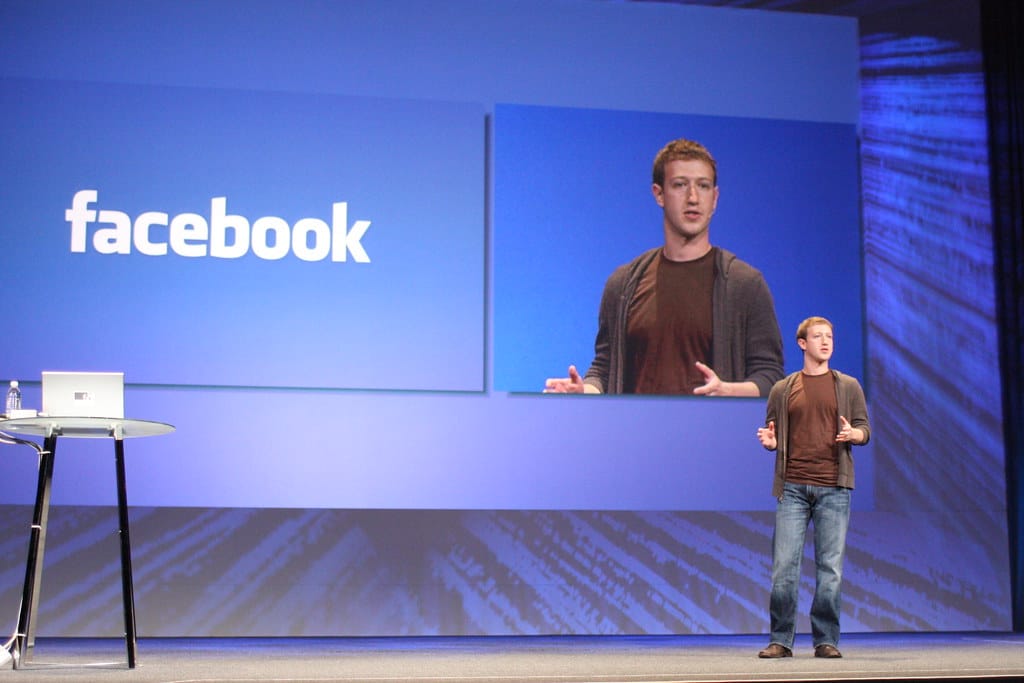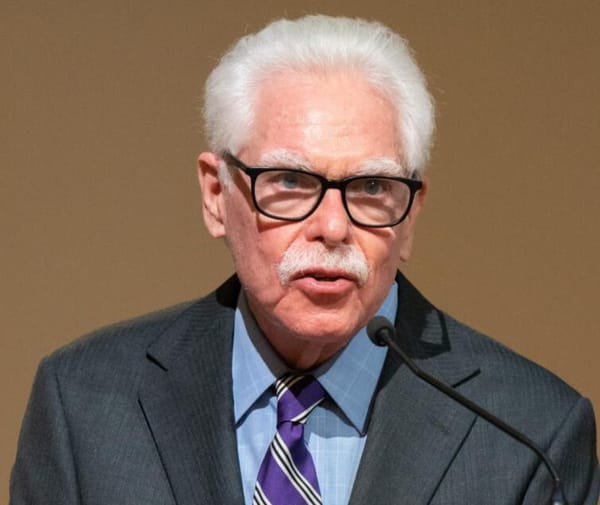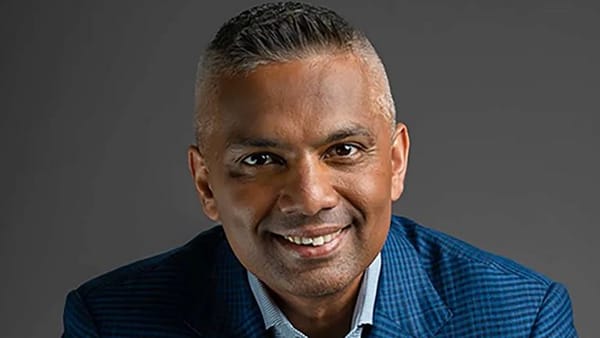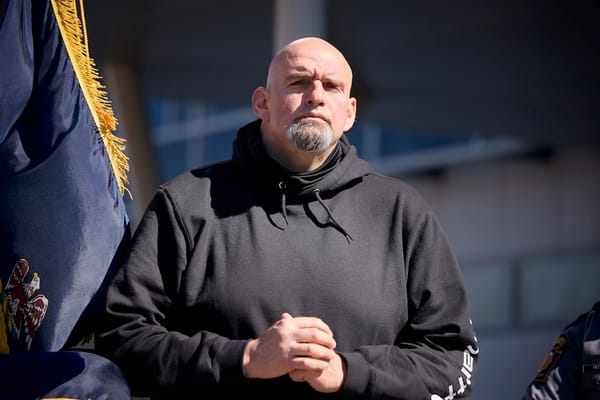$5 Billion Facebook Fine, Tribal Broadband Suffering, and 5G Data Session
On Friday afternoon, the Federal Trade Commission has issued a fine of $5 billion to Facebook for privacy violations. Adam Satariano of the New York Times reported that regulators and lawmakers in the U.S. and abroad have begun conducting investigations and proposing new sanctions against the Silico

On Friday afternoon, the Federal Trade Commission has issued a fine of $5 billion to Facebook for privacy violations. Adam Satariano of the New York Times reported that regulators and lawmakers in the U.S. and abroad have begun conducting investigations and proposing new sanctions against the Silicon Valley company.
President Trump called out Facebook and other tech behemoths on Friday, saying that the platforms are “dishonest” and “crooked” and that “something is going to be done.”
This Tuesday, the House Judiciary subcommittee on antitrust plans to hold a hearing with executives from Facebook, Apple, Amazon and Google about the power of the firms. The Senate Banking Committee is also scheduled to hear from David Marcus, a top Facebook executive, on the company’s proposed cryptocurrency project dubbed Libra.
The European Commission is in the early stages of an antitrust investigation Facebook, as the company faces sanctions for breaking the region’s strict privacy laws.
While the FTC moved to increase oversight of how Facebook handles user data, none of the conditions in the settlement would impose strict limits on the company’s ability to collect and share data with third parties.
In a statement on Saturday, Facebook stated that “by updating the rules for the internet, we can preserve what’s best about it.” The company also added that it wants to “work with governments and policymakers to design the sort of smart regulation that fosters competition, encourages innovation and protects consumers.”
Despite Facebook’s public openness towards more regulation, it has continued to push back against tougher privacy, antitrust and hate speech rules.
Tribal communities in rural areas suffering as broadband continues to fall behind
Cronkite News reported that lack of high-speed rural broadband is causing tribes to fall behind in education, health and emergency needs.
“Community members can better their lives and their education through future broadband expansion,” said Ophelia Watahomigie-Corliss of the Havasupai tribe in a testimony prepared for a House Agriculture subcommittee.
According to Rep. Austin Scott, R-Ga., the Havasupai are among 24 million Americans in rural communities that lack infrastructure for high-speed broadband that is “critical to survival.”
Watahomigie-Corliss said the tribe has recently secured a 30 megabits-per-second connection and set up an equipment checkout program that helped prompt its first successful online classes.
“These services that ordinary Americans have been using for the past 20 years are still not a reality for my entire community, but this is the first glimmer of hope we have seen for decades,” she said.
Witnesses in the subcommittee’s hearing on Tuesday pointed to increased funding for rural broadband and other changes included in the 2018 farm bill. However more changes are needed so that the Agriculture Department can “better target its limited resources to the rural communities most in need,” said Rep. Mike Conway, R-Texas.
Qualcomm and Ericsson tout 5G low-band data session on commercial modem
Telecompetitor reported that T-Mobile, Qualcomm Technologies and Ericsson have completed what they say is the first 5G low-band data session on a commercial 5G modem. The 600 MHz spectrum band is what T-Mobile will use for its nationwide 5G rollout.
Despite T-Mobile’s focus on 600 MHz implementations, its initial 5G deployments will use millimeter wave spectrum. The rollouts will feature the Galaxy S10 5G in Atlanta, Cleveland, Dallas, Las Vegas, Los Angeles and New York City.
T-Mobile is a proponent of lower frequency implementations because lower-frequency spectrum can support wider coverage areas in comparison with higher-frequency millimeter wave spectrum, which some other carriers are using.
“This is a key step toward achieving our vision of 5G for All,” said T-Mobile CTO Neville Ray in a press release.
(Photo of Facebook’s Mark Zuckerberg in July 2008 by Brian Solis used with permission.)








